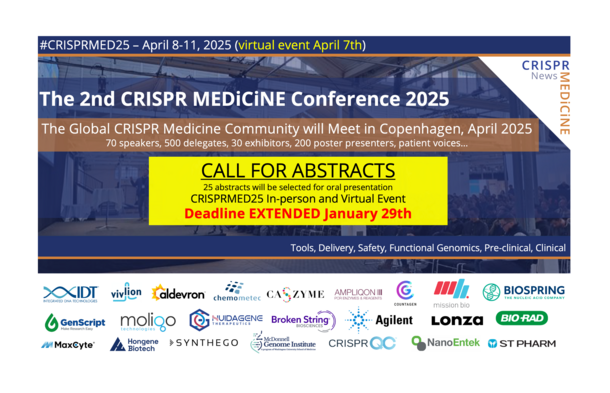T-cell acute lymphoblastic leukaemia (T-ALL) is a type of acute leukaemia meaning that it is aggressive and progresses quickly. It affects the lymphoid-cell-producing stem cells, in paticular a type of white blood cell called T lymphocytes as opposed to acute lymphoblastic leukaemia (ALL) which commonly affects B lymphocytes. A lymphoid stem cell becomes a lymphoblast cell and then one of three types of lymphocytes (white blood cells):
- B lymphocytes that make antibodies to help fight infection.
- T lymphocytes that help B lymphocytes make the antibodies that help fight infection.
- Natural killer cells that attack cancer cells and viruses.
There are no specific signs or symptoms which would allow a diagnosis of T-ALL to be made. The most common signs and symptoms are caused by the bone marrow being unable to produce enough normal blood cells. T-ALL often causes swolen lymph nodes in the middle part of the chest (mediastinum) which may affect breathing or the circulation. The results of a simple blood count will usually indicate leukaemia although, rarely, a blood count may be normal. Virtually all patients with T-ALL will have bone marrow samples taken to confirm the diagnosis and to help to determine exactly what type of leukaemia a patient has.
The main ways in which leukaemia is treated are:
- Chemotherapy – Cell-killing drugs. Steroids are normally used along with chemotherapy for T-ALL
- Radiation therapy – Usually only given as part of a stem cell transplant in T-ALL
- Stem cell transplant – Younger/fitter patients may be given a stem cell transplant (bone marrow transplant). This is done using healthy stem cells from a donor. This is also done for T-ALL if chemotherapy does not cure the disease.
Relapsed refers to when a patient has received active treatment, went off treatment and then the disease came back, whereas refractory refers to disease that is progressing despite active treatment.

